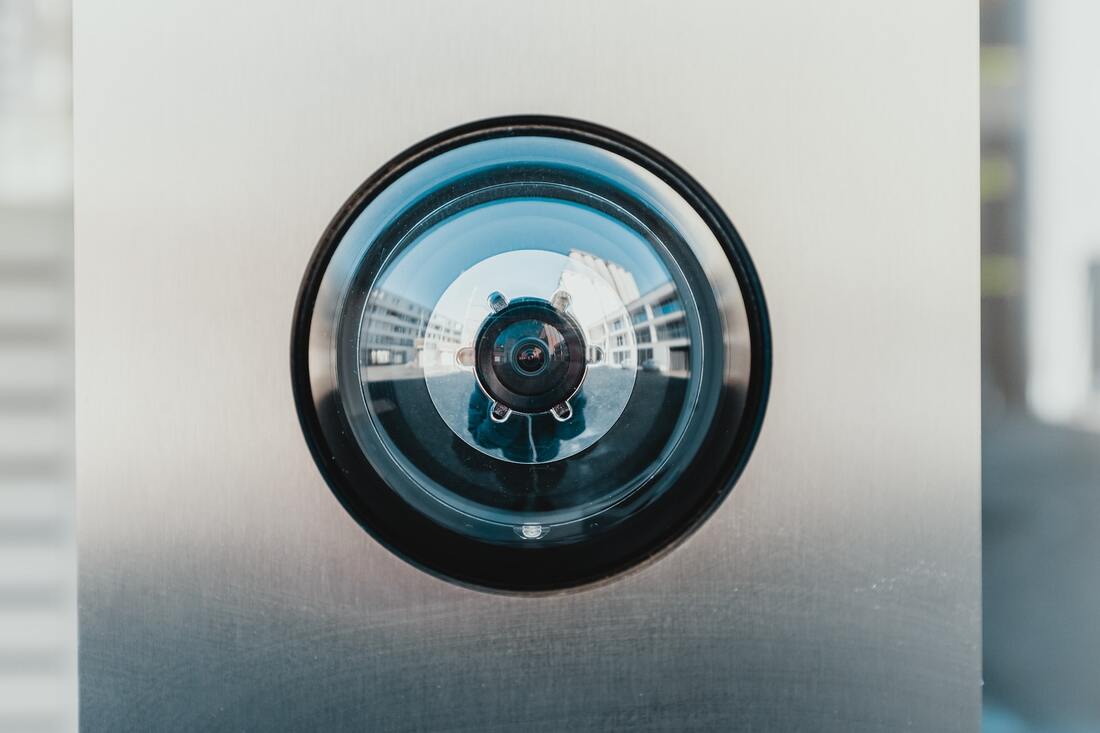|
There is no universal solution to this issue. Many factors come into play if you should install smart technology in your rental property, including the type of rental property you own, the number of units in your building, and the preferences of your tenants. Landlords who want to improve their property's efficiency and the quality of life for their renters may find smart technology a worthwhile investment. But it is essential to weigh the benefits and drawbacks of any smart technology solution before making a choice. Landlords should carefully consider their options because there are many ways to accomplish the same goals without spending money on smart technology. How does smart technology function in a rental?
Electronic plug adapters and freestanding sensors are external devices that can provide the same functionality as a system hardwired into the house's structure and managed from a central control panel without requiring installation or rewiring. These home automation systems help people build "smart" homes that can be controlled by an app on a user's smartphone or tablet over a wireless, direct connection. Builders and investors in the rental market are weighing the pros and cons of installing smart home automation systems to, among other things, attract tech-savvy tenants who are willing to pay higher rents and to more actively manage maintenance, increase security, and prevent property damage. Renters who want smart home features but whose landlord is unwilling to provide them can save money by buying their own devices that won't void the lease or cause damage to the property. Now, let’s go over some pros and cons of smart technology in rental properties: Pros: Safety in the home is enhanced through automation. If you want to keep an eye on the safety of your property's perimeter and prevent and lessen the impact of structural issues like leaking pipes, then you should set up cameras and sensors. All Season Movers can give you plenty of helpful advice if you're moving to a new, unfamiliar neighborhood. Security systems give tenants peace of mind and assist in preventing unwanted intrusions, but the level of protection they offer depends on the system's design and implementation. For a studio, a door sensor and a smart security camera are enough, but for a bigger home, you may need more sensors to keep track of all the doors and windows. Remember that you are responsible for adhering to all laws and ordinances in your area and protecting the privacy of your tenants. Camera installation in a rental property requires confidence on both sides, whether you are the tenant or the owner of the rental property. The renter needs to know that you won't be sneaking around in their home. Automation of energy Another reason to install smart technology in your rental property is energy automation. Smart technology can alleviate landlords' concerns about their tenants accidentally leaving lights on or the temperature set too high or too low while they are away at work or on vacation. The smart lighting, thermostat, and plug systems all aim to control the temperature in a room, turn off individual outlets, reduce energy waste, and protect the environment. There is also the option of installing energy monitors, which can help you save money by tracking energy use down to the individual room level and revealing any potential energy leaks. Smart instruments can reduce your maintenance costs by hundreds Water collecting in one spot can become a serious issue soon. Unfortunately, problems that begin anywhere (the basement, a tenant's washing machine, or even beneath their sink) may go undetected for long enough to cause significant harm. Smart moisture sensors are affordable, hassle-free insurance coverage that you may install in such areas. With this gadget, you'll be notified as soon as an issue is detected, potentially saving you hundreds of dollars on maintenance. Moisture sensors can be a lifesaver if you own a property with a basement or another potentially hazardous area that isn't monitored or used daily. Cons: Where do you stand with your online connection? If your Wi-Fi connection is weak, your smart devices won't be able to do their jobs properly, defeating the purpose and making life more difficult for you. Before installing smart connections, you should make sure that your community has the necessary connectivity to support them. Concerns about safety One of the cons of having smart technology in your rental property is the question of safety. While smart technology has the potential to enhance the safety of a rental property, it also presents its own set of challenges in this area. Theft may occur, for instance, if you're renovating, so renting self-storage can be a great solution for your items. To mitigate this risk, landlords should only deploy smart devices that have been thoroughly researched for vulnerabilities and patched when necessary. In addition to fixing any problems, they should show tenants how to use the equipment correctly. Some risks come with putting smart technologies in rental properties, but you can lessen these risks by taking the proper steps. LEARNING CURVE There is a learning curve associated with using any technology, and for those who aren't up to date on what's possible in the digital realm, smart technology might seem particularly daunting. Because of this, it might help to have analog options for renters who aren't as good with technology or to choose devices with apps that are easy to use. Numerous high-tech home automation products are currently available. There are benefits and drawbacks to installing smart technology in your rental property. Research the products and manufacturers to find the best fit for your needs before making a purchase. Well-implemented technology may make a landlord's job easier. If you put in the time to learn about your demands and those of your tenants, you'll be able to zero in on some fantastic technological options for your rental home. Photo Credit. |
Clark Real Estate
305 W. Moana Ste C Reno, NV 89509 (775) 828-3355 Reno Property Management
All
|



 RSS Feed
RSS Feed

